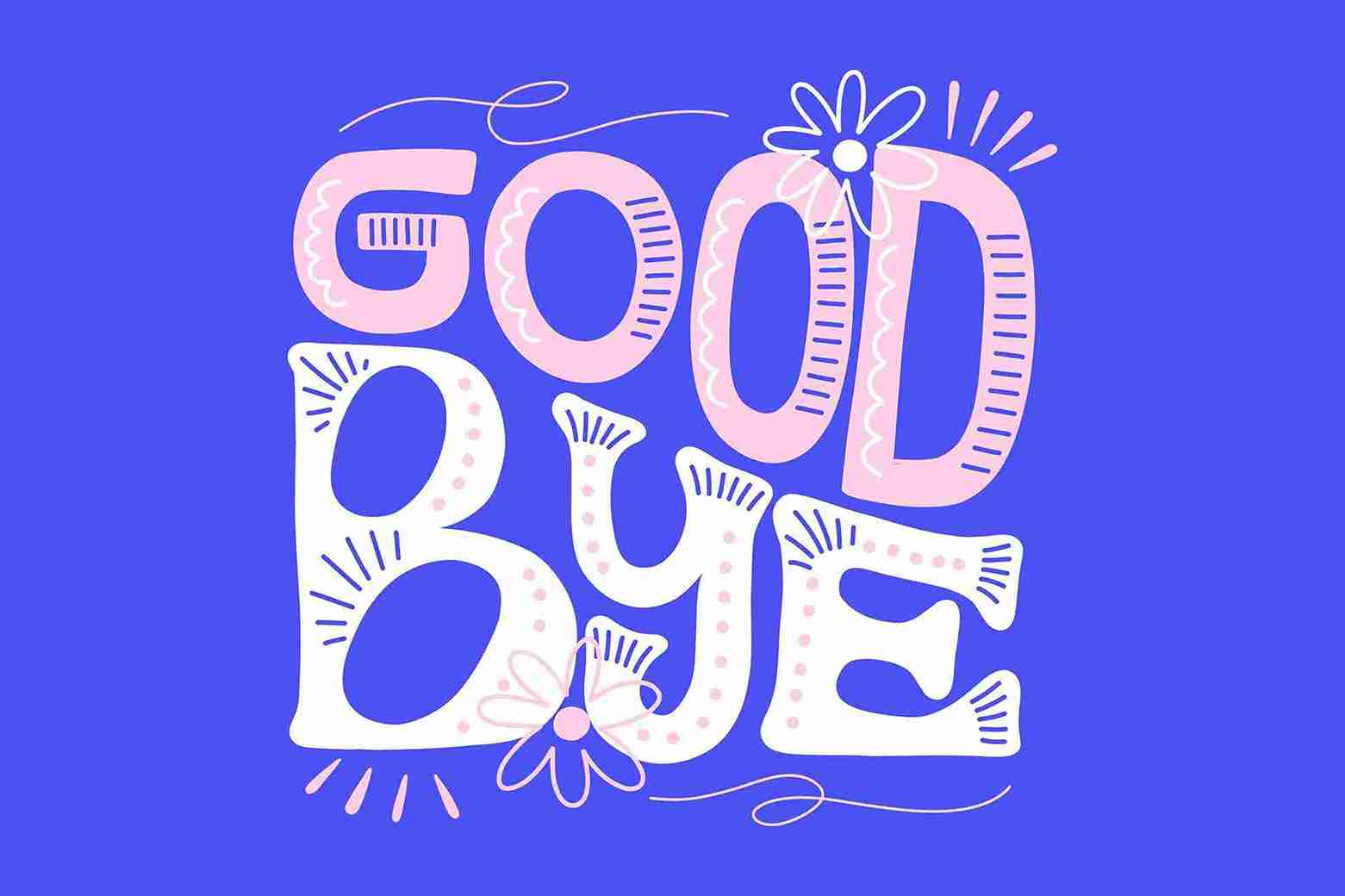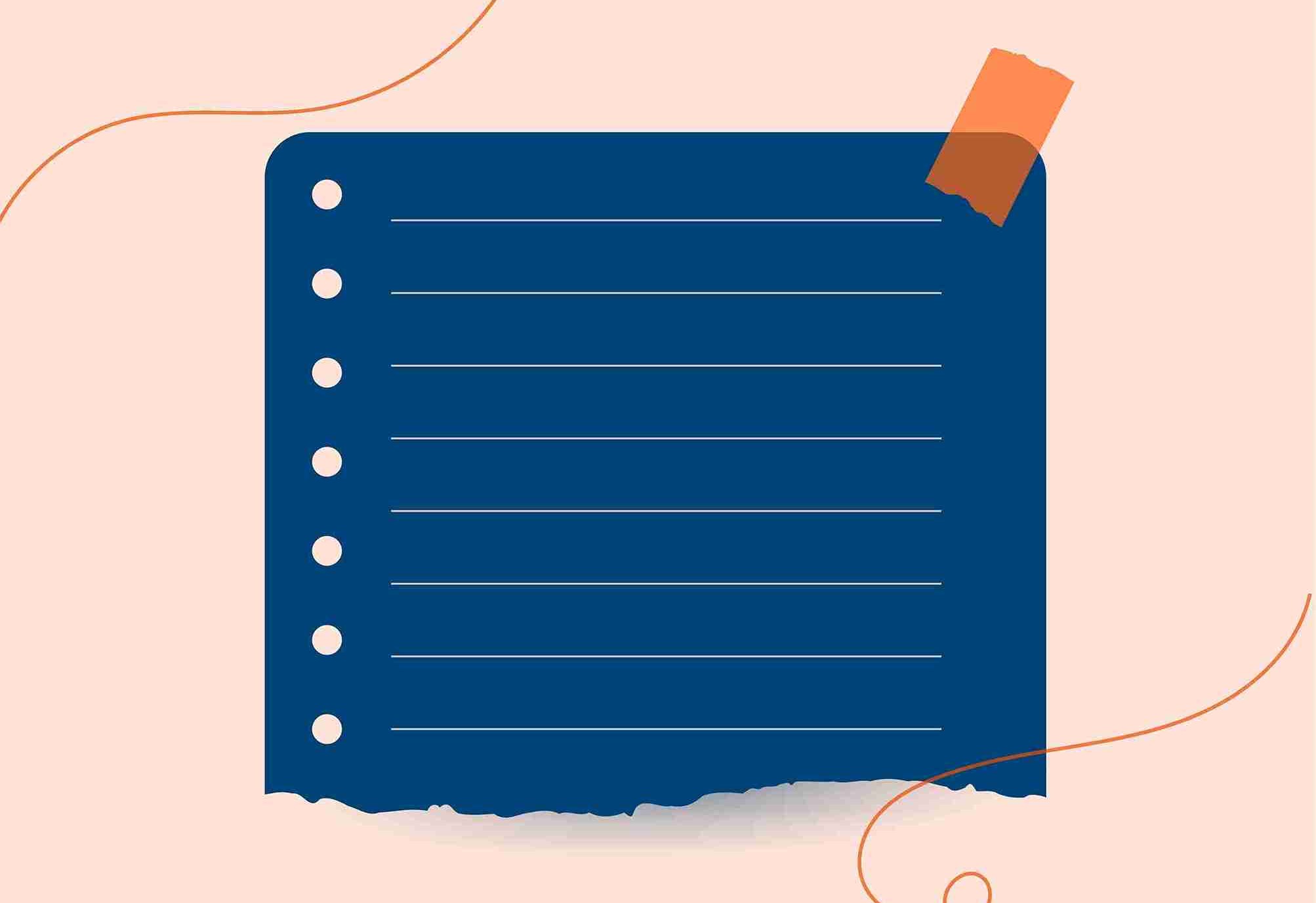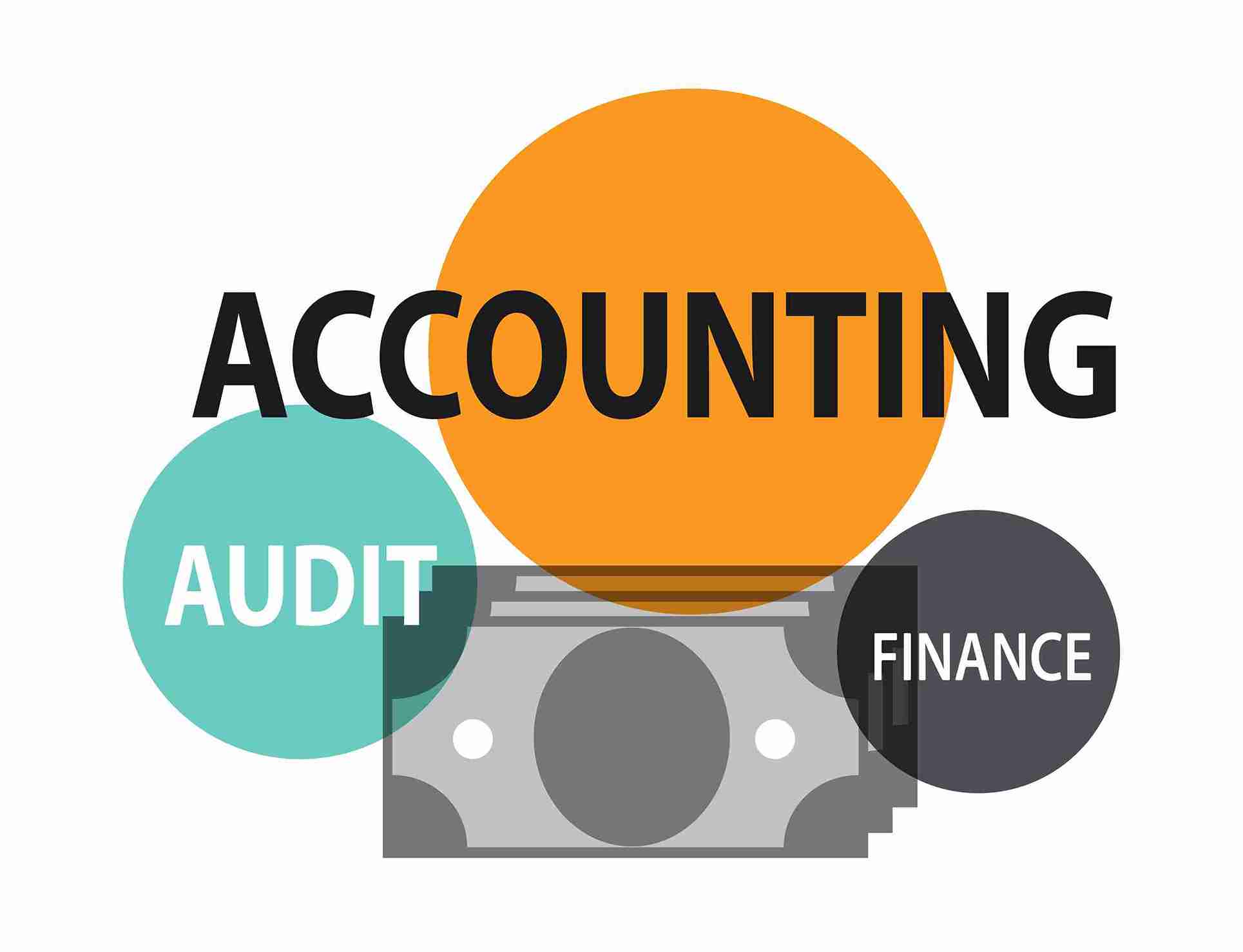Understanding and presenting one’s strengths and weaknesses effectively is one of the most common yet crucial parts of any job interview. Recruiters ask about strengths and weaknesses to evaluate a candidate’s self-awareness, professionalism and career growth potential. Knowing how to answer this HR interview question can help candidates highlight their abilities confidently while showing a willingness to improve on areas that need development.
Whether you are a fresher preparing for your first interview or an experienced professional, knowing examples of strengths and weaknesses is essential. It reflects self-awareness, honesty and readiness to contribute to the organization. In this guide, we will cover the most common strengths and weaknesses, explain how to answer this HR interview question and give practical tips and examples that candidates can use in real-life interviews. This approach ensures you leave a lasting impression on recruiters while demonstrating your potential for career growth.
Why Interviewers Ask This Question?
One of the most common HR interview questions is, “What are your strengths and weaknesses?” Recruiters ask this not just to check your self-awareness, but to evaluate how well you understand your professional skills and how you apply them in a job environment. By analyzing your answer, hiring managers can gauge your career growth potential, problem-solving abilities and soft skills.
When answering this interview question, candidates need to strike a balance. Highlighting personal strengths shows confidence and competency, while discussing weaknesses demonstrates honesty and a willingness to improve. A well-prepared response reflects a candidate’s ability to recognize areas for improvement and take steps toward skill development, which is a valuable trait in any workplace. Recruiters are particularly interested in candidates who are both self-aware and capable of learning from feedback.
Strengths And How To Present Them Professionally
When asked about strengths in an interview, it’s important to highlight qualities that align with the job role and demonstrate your professional competence. Here are some top strengths along with sample answers for both freshers and experienced professionals.
1. Communication Skills
For Fresher: “I consider my strong communication skills as one of my key strengths. During college projects and internships, I effectively conveyed ideas to team members and clients, which helped in achieving project goals on time. I also received positive feedback from mentors on my presentation clarity. I am confident that this skill will allow me to contribute positively to team collaboration and client interactions in this role.”
For Experienced: “With over five years in client-facing roles, my communication skills have helped me build strong relationships and resolve client queries efficiently. I regularly lead team meetings and coordinate between departments to ensure smooth project execution. I believe this ability to communicate clearly enhances teamwork and fosters better understanding across all levels of the organization.”
Must Read : What Is Management Communication? Skills And Benefits
2. Problem-Solving Ability
For Fresher “I am good at analyzing situations and finding solutions quickly. During my internship, I faced challenges in data organization and by creating a simple tracking system, I improved efficiency. I also proactively suggested workflow improvements that saved the team time. I believe this problem-solving ability is valuable in achieving organizational goals and tackling challenges with a structured approach.”
For Experienced: “My problem-solving skills have been critical in managing project bottlenecks. By identifying root causes and implementing practical solutions, I helped reduce delays and improve workflow efficiency significantly. I consistently assess risks and alternatives, ensuring that solutions are both effective and sustainable.”
3. Adaptability
For Fresher: “I adapt quickly to new environments and challenges. During my college internship, I learned multiple tools in a short time to meet project requirements. I also adjusted to different team dynamics and collaborated effectively with diverse colleagues. I am confident this adaptability will help me contribute positively and remain productive in your organization.”
For Experienced: “In my previous role, I had to manage multiple teams across different projects. My adaptability allowed me to adjust processes and strategies to meet evolving business needs successfully. I thrive in dynamic environments and can handle unexpected challenges while maintaining high performance.”
4. Leadership Skills
For Fresher: “Leading my college event team taught me leadership skills like delegation, motivation and teamwork. I enjoyed guiding members and ensuring tasks were completed efficiently. I also learned the importance of listening to team members’ ideas and balancing responsibilities. These experiences will help me lead projects effectively and motivate colleagues to achieve collective goals.”
For Experienced: “As a team leader, I have developed strong leadership skills, successfully managing diverse teams, setting clear goals and motivating members to achieve high performance consistently. I also mentor new team members and encourage knowledge sharing to enhance team capabilities. My leadership style fosters collaboration, accountability and continuous growth.”
5. Time Management
For Fresher: “I prioritize tasks effectively and meet deadlines without compromising quality. Managing multiple assignments during my studies strengthened my time management skills, which will help me handle professional responsibilities efficiently. I also create structured schedules to track progress and ensure timely completion. This approach helps me stay organized and productive under pressure.”
For Experienced: “My time management ability ensures that projects are completed on schedule. I plan tasks, set priorities and coordinate with teams to maximize productivity without stress. I also allocate time for proactive problem-solving and continuous improvement. Efficient time management enables me to maintain quality and achieve targets consistently.”
Weaknesses And How To Present Them Professionally
Discussing weaknesses in an interview can feel tricky. The key is to highlight genuine areas for improvement while showing how you are actively working to overcome them. Employers value self-awareness, honesty and growth mindset over perfection.
1. Perfectionism
For Fresher: “I tend to be a perfectionist, wanting every detail to be flawless. During my college projects, I sometimes spent extra time refining minor details. However, I’ve learned to prioritize tasks and focus on key deliverables without compromising quality. I believe this helps me maintain high standards while meeting deadlines.”
For Experienced: “I have a tendency toward perfectionism, which sometimes slows me down. Over time, I’ve learned to balance quality with efficiency by setting realistic expectations and deadlines. This ensures that work is both accurate and timely. I also use feedback to identify areas that truly need refinement.”
2. Difficulty Delegating
For Fresher: “I sometimes find it hard to delegate tasks because I want to ensure everything is done correctly. During group assignments, I took on extra responsibility to help my team. I am learning to trust others’ capabilities and communicate instructions clearly, which improves teamwork and efficiency.”
For Experienced: “Delegating tasks has been a challenge for me as I prefer hands-on involvement. I’ve been working on it by mentoring team members and gradually assigning responsibilities. This not only empowers colleagues but also helps me focus on strategic priorities.”
3. Public Speaking Anxiety
For Fresher: “I get nervous while speaking in front of large groups. To overcome this, I practiced presentations and participated in group discussions. I’ve seen significant improvement in my confidence and delivery. I’m continuously learning to communicate ideas clearly and confidently in professional settings.”
For Experienced: “Presenting to senior stakeholders used to make me anxious. I’ve taken professional training and rehearsed extensively, which has improved my confidence and clarity. I now focus on preparation and storytelling techniques to engage the audience effectively.”
4. Impatience
For Freshers: “I sometimes feel impatient when tasks take longer than expected. I realized that understanding processes and collaborating with team members is crucial. I now practice patience by planning ahead and setting realistic timelines, which improves productivity and teamwork.”
For Experienced: “I used to get impatient when projects didn’t move as quickly as planned. I’ve learned to step back, analyze bottlenecks, and support my team in resolving issues. This approach ensures progress while maintaining positive team dynamics and high-quality results.”
5. Taking On Too Much Responsibility
For Freshers: “I often take on more tasks than I can handle to help others. During internships, I realized it can affect efficiency. I’ve started prioritizing tasks and setting boundaries, while still being helpful to teammates. This helps me maintain quality without feeling overwhelmed.”
For Experienced: “I have a habit of taking on too many responsibilities to ensure success. I now focus on strategic delegation and task prioritization, which balances workload and fosters team growth. It also allows me to focus on high-impact tasks without compromising quality.”
Do’s For Strengths & Weaknesses
1. Be Honest And Specific: Highlight real strengths or weaknesses that reflect your skills, experience and areas of professional growth. Avoid generic statements like “I’m a perfectionist.”
2. Show Improvement Mindset: When discussing weaknesses, emphasize what steps you are taking to improve them, demonstrating self-awareness and commitment to career development.
3. Align With Job Role: Tailor your strengths to match the responsibilities of the position, showing recruiters how your skills contribute to team success and organizational goals.
Don’ts For Strengths & Weaknesses
1. Avoid Irrelevant Traits: Do not mention strengths or weaknesses that are unrelated to the job, as it may confuse recruiters about your professional priorities.
2. Do Not Overstate Or Exaggerate: Avoid claiming unrealistic strengths or hiding weaknesses completely, as this may backfire during further evaluation.
3. Avoid Negative Language: When discussing weaknesses, never blame others or appear unmotivated. Frame challenges positively as areas of growth or learning.
Conclusion
Understanding how to present strengths and weaknesses effectively is a crucial part of any job interview. Highlighting your strengths shows recruiters your skills, capabilities and potential for professional growth, while presenting weaknesses thoughtfully demonstrates self-awareness, honesty and a commitment to self-improvement. By aligning strengths and weaknesses with the job role, preparing honest examples and following interview Do’s and Don’ts, candidates can leave a strong impression and increase their chances of selection. Remember, the key is to balance confidence with humility, showing that you are both capable and open to learning, a combination that any recruiter values highly.
Related Reads:
- Career Objectives For Resume & Its Samples
- How To Answer “Why Should We Hire You?”
- How To Answer “Tell Me About Yourself”?
FAQs
1. What are the best examples of strengths to mention in an interview?
A- Highlight skills like problem-solving, teamwork, adaptability, leadership and communication that align with the job role.
2. How should I discuss my weaknesses in a professional way?
A- Choose a real weakness but focus on steps you’re taking to improve, showing honesty and a growth mindset.
3. What are the common strengths employers look for in candidates?
A- Skills such as adaptability, time management, creativity, leadership and technical expertise are highly valued across industries.
4. Can I mention a weakness without hurting my chances of selection?
A- Yes, if you frame it positively and show efforts to overcome it, it reflects self-awareness and willingness to improve.
5. How do I balance strengths and weaknesses in an interview answer?
A- Mention 2–3 strengths and 1–2 weaknesses, linking each to real-life examples or professional experiences.
6. What are the top interview mistakes while discussing strengths and weaknesses?
A- Avoid sounding arrogant, being too vague, or mentioning weaknesses that are critical for the job role.
7. Are soft skills considered strengths in interviews?
A- Absolutely, communication, teamwork, and problem-solving are often as important as technical skills in the selection process.
8. How can freshers answer questions about strengths and weaknesses?
A- Freshers should focus on transferable skills, eagerness to learn, and areas of growth rather than long work experience.
9. Do recruiters check the honesty of strengths and weaknesses answers?
A- Yes, HR professionals assess sincerity and authenticity through examples, tone, and consistency during the discussion.
10. Can strengths and weaknesses change over time?
A- Yes, professional growth, learning, and experience can improve weaknesses and enhance strengths, showing continuous development.






 Facebook
Facebook Instagram
Instagram Twitter
Twitter